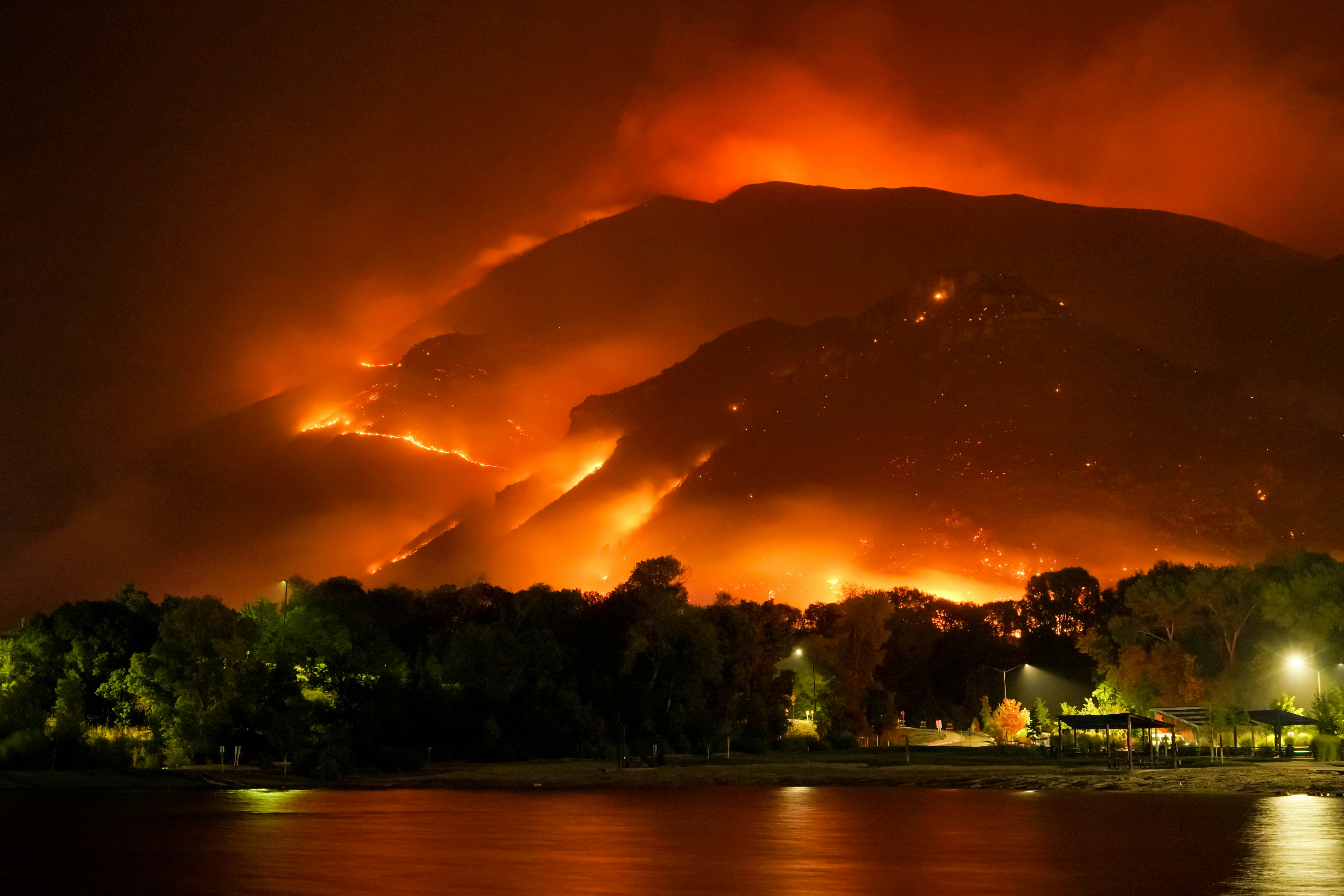Natural Disasters And Home Insurance

Natural disasters, such as the devastating wildfires in California, can lead to overwhelming loss, making it essential to ensure that your home insurance adequately covers potential damages. In this article, the experts at Pacific Prime delve into the relationship between different categories of losses and home insurance, examining what typical policies cover and what additional protections may be necessary.
What Home Insurance Does and Does Not Cover
When it comes to natural disasters, understanding what home insurance covers is crucial for homeowners. Here’s a breakdown:
What Home Insurance Typically Covers
- Dwelling Protection: Damage to the physical structure of your home due to risks like fire, windstorms, and falling objects.
- Personal Property: Coverage for personal belongings destroyed by perils such as theft, vandalism, or fire.
- Liability Coverage: Protection against legal claims for injuries or damages incurred by others on your property.
- Additional Living Expenses: Reimbursement for costs like temporary housing if your home becomes uninhabitable due to a covered event.
What Home Insurance Often Excludes
- Flood Damage: Standard policies usually do not cover flood-related damages. Separate flood insurance is required.
- Earthquakes: Most home insurance plans exclude damage from earthquakes unless additional coverage is purchased.
- Negligence-Related Issues: Damage resulting from lack of maintenance, such as roof wear or plumbing issues, typically isn’t covered.
- Long-Term Water Damage: Mold or damage from persistent leaks is usually excluded unless caused by sudden incidents.
What You Can Do to Mitigate Potential Losses
Preparing for natural disasters involves proactive measures that can significantly minimize potential losses. Here are steps homeowners can take before and after a disaster:
Before Disaster Strikes
- Conduct a Home Inventory: Document your belongings with photos and receipts. This will help you file claims accurately and ensure you have adequate coverage.
- Review Your Insurance Policy: Understand what your homeowners insurance covers, especially regarding natural disasters. Consider additional coverage for risks relevant to your area, such as flood or earthquake insurance.
- Maintain Your Property: Regularly inspect and maintain your roof, plumbing, and foundation. Address any issues promptly to prevent sudden damages.
- Create an Emergency Plan: Develop a plan that includes evacuation routes, communication strategies, and emergency contacts. Ensure all family members are familiar with it.
After Disaster Strikes
- Document Damage Immediately: Take photos of the damages and keep a detailed log of what was affected. This will support your insurance claim.
- Keep Receipts: Save all receipts for emergency repairs, temporary housing, and other related expenses. This information is crucial for claiming Additional Living Expenses (ALE).
- Contact Your Insurer Promptly: Notify your insurance company as soon as it is safe to do so. Provide them with your documentation and follow their guidance for filing a claim.
By taking these proactive and reactive steps, homeowners can safeguard their investments and ensure they are better prepared for recovery after a disaster.
Let Pacific Prime Help You Choose the Right Plan for Your Home Sweet Home
Every homeowner has a unique risk profile, and there is no “one size fits all” insurance solution for everyone. The best strategy for meeting all your insurance needs in a cost-effective manner is engaging a reputable and experienced insurance brokerage.
With over 20 years of experience in the insurance sector, Pacific Prime is your reliable partner. They recognize the multifaceted challenges faced by homeowners and can customize a plan that aligns with your specific requirements and budget while offering the best value for your money.
Reach out to them today and take the first step towards securing your home with the right insurance plan!